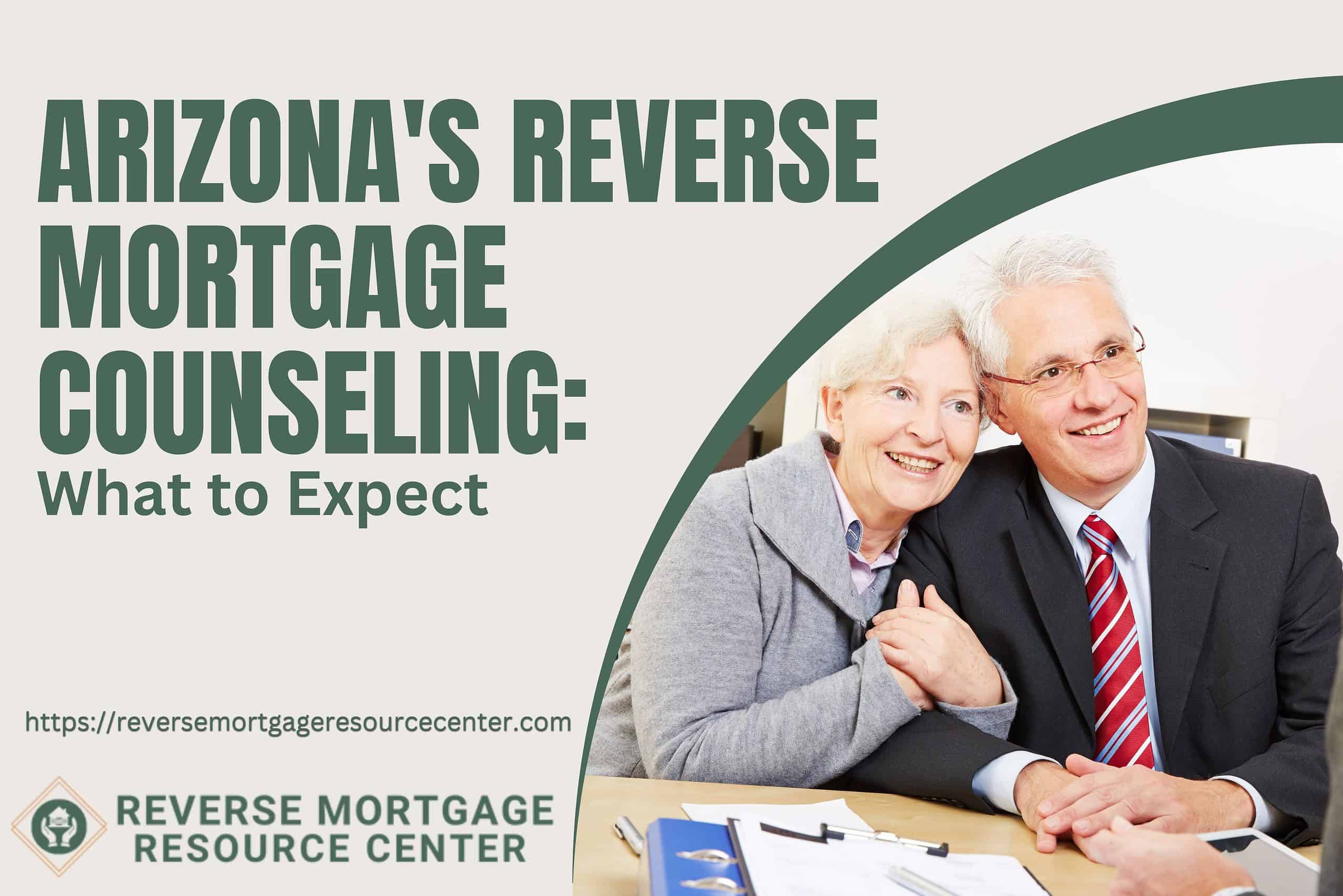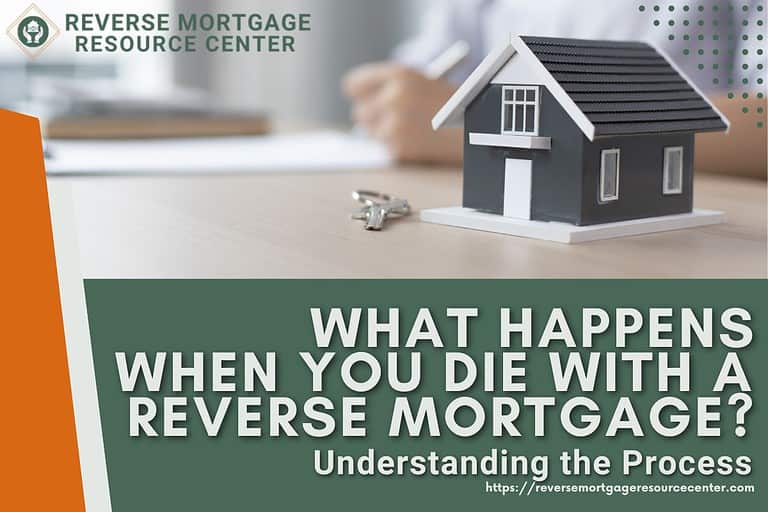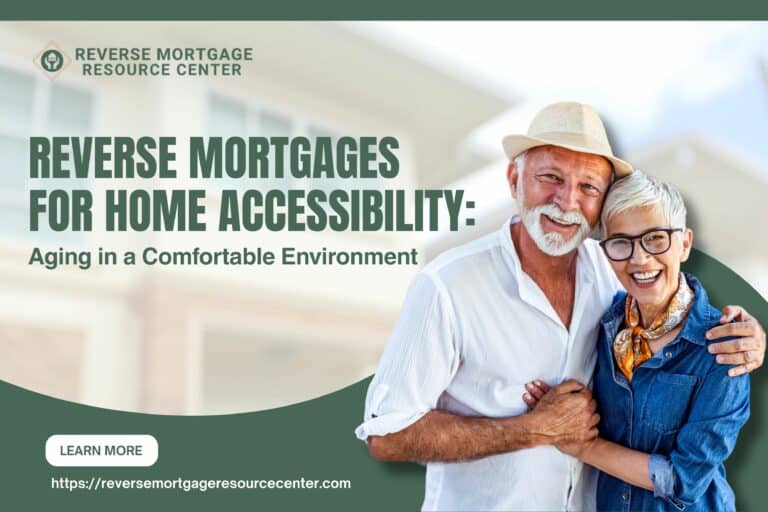Arizona’s Reverse Mortgage Counseling: What to Expect
Reverse mortgages have gained popularity as a financial tool for seniors looking to tap into the equity of their homes. In Arizona, like in many other states, reverse mortgage counseling is a critical step. This counseling ensures that seniors fully understand the implications of a reverse mortgage and make informed decisions. In this article, we’ll explore what to expect during Arizona’s reverse mortgage counseling, highlighting its significance and the benefits it offers.
The Significance of Reverse Mortgage Counseling
Reverse mortgage counseling is a mandatory step in obtaining a reverse mortgage in Arizona, and for good reason. These counseling sessions are designed to educate seniors about the various aspects of reverse mortgages, providing them with the knowledge needed to make informed decisions.
Protecting Seniors
Arizona’s reverse mortgage counseling is primarily about safeguarding the interests of seniors. It’s common knowledge that seniors are often targeted by unscrupulous individuals and organizations looking to exploit their financial vulnerability. Counseling helps seniors understand the complexities of reverse mortgages and the potential risks involved.
Financial Literacy
For many seniors, a reverse mortgage represents their most significant financial transaction in retirement. Through counseling, they gain a deeper understanding of the financial implications, the legalities involved, and the impact on their estate. It enhances their financial literacy and empowers them to make informed choices.
Informed Decision-Making
By the time seniors complete their reverse mortgage counseling in Arizona, they should have a clear picture of whether a reverse mortgage is the right option. The counseling sessions guide them through the pros and cons, alternatives, and the potential impact on their retirement. This empowers them to make informed, rather than emotional, decisions about their financial future.
The Counseling Process
Reverse mortgage counseling in Arizona involves a structured process to deliver comprehensive information to seniors. The process typically unfolds as follows:
Choosing a HUD-Approved Counselor
Seniors must select a counselor approved by the U.S. Department of Housing and Urban Development (HUD). HUD-approved counselors adhere to strict guidelines and are trained to provide accurate and unbiased information. These counselors do not have any financial interest in the outcome of the counseling session, ensuring impartiality.
Initial Consultation
The counseling process usually begins with an initial consultation, either in person, over the phone, or online. During this session, seniors can ask questions, express their concerns, and discuss their financial situation. This initial consultation sets the stage for the rest of the counseling process.
Education and Explanation
Once the initial consultation is complete, the counselor will delve into the details of reverse mortgages. They will explain the various types of reverse mortgages, eligibility criteria, loan terms, and the impact on the homeowner’s financial situation. This phase is crucial for seniors to understand the intricacies of reverse mortgages fully.
Alternatives and Options
Counselors also discuss alternative financial solutions and options. These might include downsizing, home equity lines of credit, or other financial products that may better suit a senior’s individual needs. The goal is to ensure seniors explore all available options before committing to a reverse mortgage.
Costs and Fees
Counselors clarify the costs and fees associated with reverse mortgages, such as origination fees, mortgage insurance, and interest rates. Seniors will gain a clear understanding of how these fees impact the overall loan balance and the long-term financial implications.
Loan Repayment
During counseling, seniors learn about the repayment process. This includes the potential sale of the home to repay the loan, and what happens in the event of the homeowner’s passing. Counselors provide insights into how the loan balance is calculated and how the homeowner’s estate is affected.
Legal and Financial Implications
Understanding the legal and financial implications of a reverse mortgage is vital. Counselors explain how a reverse mortgage may impact government benefits, taxes, and estate planning. This knowledge empowers seniors to make decisions that align with their long-term financial goals.
Certification
Upon completion of the counseling sessions, seniors receive a certificate of completion. This certificate is a mandatory document when applying for a reverse mortgage in Arizona. It verifies that the homeowner has undergone counseling, ensuring compliance with state and federal regulations.
Benefits of Reverse Mortgage Counseling
Reverse mortgage counseling in Arizona offers numerous benefits to seniors, making it an essential step. Here are some of the key advantages:
Informed Decision-Making
The primary benefit of reverse mortgage counseling is that it empowers seniors to make informed decisions. They enter the reverse mortgage process with a thorough understanding of the product, its implications, and alternative options. This knowledge reduces the likelihood of making hasty or uninformed choices.
Protection against Scams
By choosing a HUD-approved counselor, seniors gain an added layer of protection against scams and fraudulent schemes. HUD-approved counselors adhere to strict ethical guidelines and are not financially motivated by the outcome of the counseling session.
Understanding Costs and Fees
Many seniors are unaware of the costs associated with reverse mortgages. Counseling educates them about the fees involved, ensuring they fully know the financial implications before proceeding with a loan.
Exploring Alternatives
Counseling does not solely focus on reverse mortgages; it also explores alternative financial options. Seniors are encouraged to consider other methods of tapping into their home equity, allowing them to make choices that best suit their needs.
Legal and Financial Clarity
Seniors gain a clear understanding of the legal and financial implications of a reverse mortgage. This knowledge helps them plan their estate and make decisions that align with their long-term goals.
Compliance
The certificate of completion received after counseling ensures seniors meet the legal requirements for obtaining a reverse mortgage in Arizona. This certificate is a mandatory document in the application process.
Common Misconceptions
While reverse mortgage counseling is designed to provide clarity, there are still some common misconceptions about the process and its outcomes. Let’s address a few of these:
- Counselors Promote Reverse Mortgages: One misconception is that counselors are there to sell reverse mortgages. In reality, HUD-approved counselors are impartial and are not financially motivated by the outcome of the counseling session. Their role is to educate, not to promote any specific financial product.
- Loss of Home Ownership: Many believe a reverse mortgage means losing home ownership. However, homeowners remain the titleholders and can live in their homes if they meet the loan requirements, such as payment property taxes and insurance. It’s only when the homeowner moves, sells the home, or passes away that the loan becomes due.
- Negative Impact on Heirs: While a reverse mortgage can impact the inheritance received by heirs, it does not necessarily deplete the entire estate. Heirs can pay off the loan and keep the home or sell the home to repay the loan, with any remaining equity belonging to the estate.
Finding a HUD-Approved Counselor
To ensure the effectiveness and legitimacy of the reverse mortgage counseling process, seniors must select a HUD-approved counselor. The following steps can help in finding a suitable counselor:
Check the HUD Website: The U.S. Department of Housing and Urban Development maintains a list of approved reverse mortgage counselors on its website. This list can be filtered by state, making it easy to find a counselor in Arizona. The HUD website provides valuable information about each counselor, including their contact details.
- Ask Lenders: Mortgage lenders, especially those who specialize in reverse mortgages, often have a list of HUD-approved counselors they recommend. This can be a convenient way to find a counselor with expertise in the field.
- Consult with Local Agencies: Local senior service organizations, such as the Area Agency on Aging, may be able to provide recommendations for HUD-approved counselors. These agencies are typically well-connected in the community and can direct seniors to reliable resources.
- Seek Referrals: Word of mouth can also be a valuable source of information. If you know someone who has undergone reverse mortgage counseling in Arizona, ask for their recommendations and insights. Personal experiences can provide valuable perspectives.
- Review Credentials: When considering a counselor, take the time to review their credentials and experience. Look for counselors who have a strong background in financial counseling and, more specifically, in reverse mortgages. Ensure that they are indeed HUD-approved.
- Ask Questions: Before committing to counseling, it’s advisable to have an initial conversation with the counselor. Ask questions about their approach, what to expect during the counseling sessions, and any fees involved. This initial interaction can help assess whether the counselor is a good fit for your needs.
The Counseling Fee
Reverse mortgage counseling in Arizona typically involves a fee, though it is often subsidized by various means. The fee is designed to cover the cost of counseling services and is a necessary part of the process.
Subsidized Counseling
Many counseling agencies offer subsidized or low-cost counseling for seniors with financial constraints. This ensures that the counseling service is accessible to all, regardless of their financial situation. Subsidized counseling fees can vary depending on the organization and may be based on a sliding scale, considering the senior’s income.
Waiving the Fee
In some cases, the counseling fee may be waived altogether. Seniors facing financial hardship may be eligible for a fee waiver, ensuring they can access the counseling they need without incurring additional expenses. It’s essential to inquire about fee waivers when scheduling your counseling session.
Impact on the Reverse Mortgage
The counseling fee is separate from any costs of obtaining a reverse mortgage. It does not impact the terms of the reverse mortgage itself, as it is a one-time expense designed to provide seniors with the knowledge they need to make an informed decision.
What to Bring to the Counseling Session
When attending a reverse mortgage counseling session in Arizona, it’s important to come prepared. Having the necessary documents and information on hand will help the session run smoothly and ensure you get the most out of it. Here’s what you should bring:
- Proof of Identity: Bring a government-issued photo ID, such as a driver’s license or passport.
- Proof of Age: To verify your eligibility for a reverse mortgage, you’ll need to provide documentation that confirms your age. This can include a birth certificate or a Medicare card.
- Financial Information: Prepare a list of your sources of income, such as pensions, Social Security, or any other benefits. You should also bring your recent tax returns and statements for outstanding loans or debts.
- Property Information: You’ll need information about your property, including the address, the estimated value, and any outstanding mortgages or liens.
- Questions and Concerns: Come to the session with a list of questions or concerns you have about reverse mortgages. This will ensure you get the information you need to make an informed decision.
- Spouse or Co-Borrower: If you have a spouse or co-borrower who will be part of the reverse mortgage, it’s a good idea to have them attend the counseling session with you. This ensures that everyone involved in the decision-making process receives the same information.
What to Expect After Counseling
After completing the reverse mortgage counseling in Arizona, you’ll be armed with the knowledge needed to make an informed decision. Here’s what you can expect next:
- Certificate of Completion: You’ll receive a certificate of completion, a mandatory document when applying for a reverse mortgage. This certificate verifies that you’ve undergone the required counseling.
- Decision-Making: With the information provided during counseling, take your time to decide. You’re not obligated to proceed with a reverse mortgage, and the counseling process is intended to empower you to make the best choice for your financial situation.
- Lender Selection: If you decide to move forward with a reverse mortgage, you must choose a lender. Take your time to compare offers and select a lender that meets your needs and offers favorable terms.
- Application Process: Applying for a reverse mortgage involves providing detailed financial information and property documentation to the lender. The application process typically includes a home appraisal as well.
- Loan Approval: Once your application is submitted, the lender will review your financial information and property details. If everything meets their criteria, your reverse mortgage will be approved.
Closing Process: After loan approval, you’ll go through a closing process similar to a traditional mortgage. This involves signing documents, and the funds from the reverse mortgage will be disbursed to you.
REVERSE MORTGAGE RESOURCE CENTER ~LIVE LIFE ON YOUR TERMS~
Our Lending Team has been serving our clients since 2004. We are passionate about serving our clients with integrity to help them achieve their financial goals.







